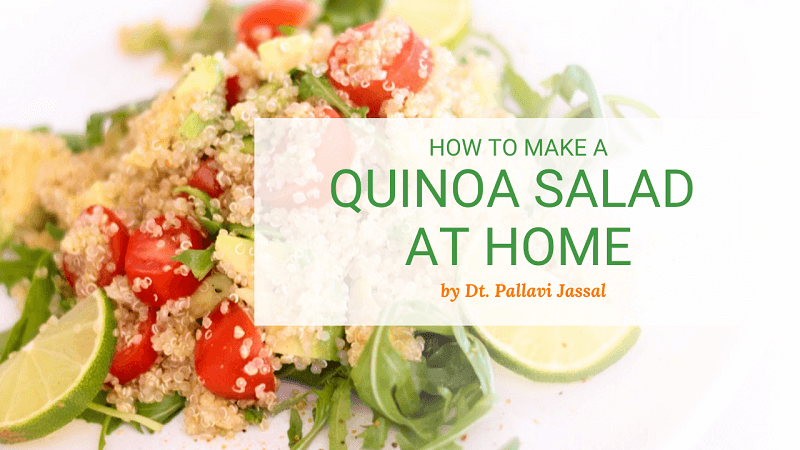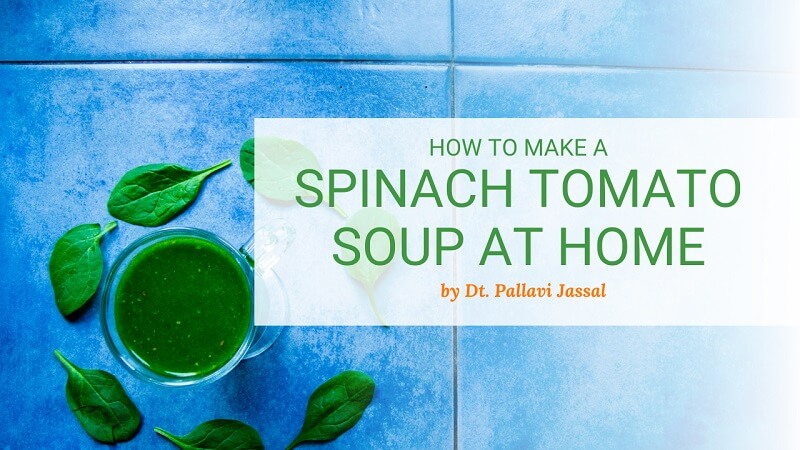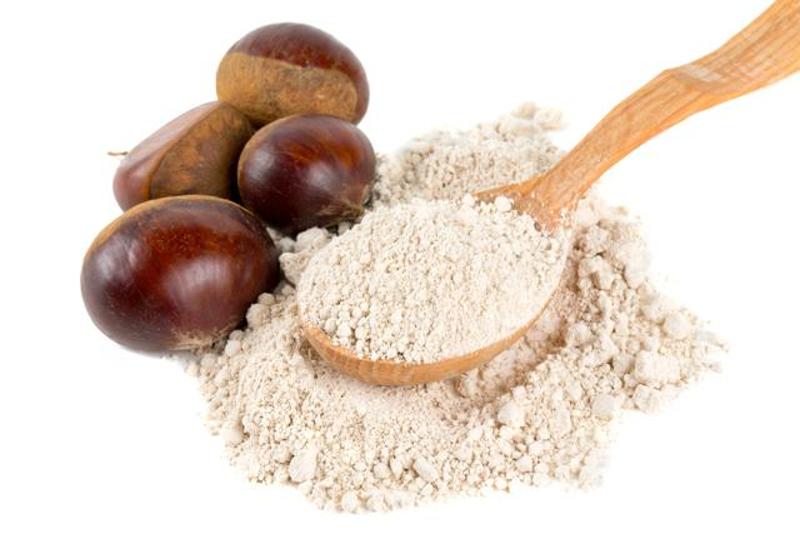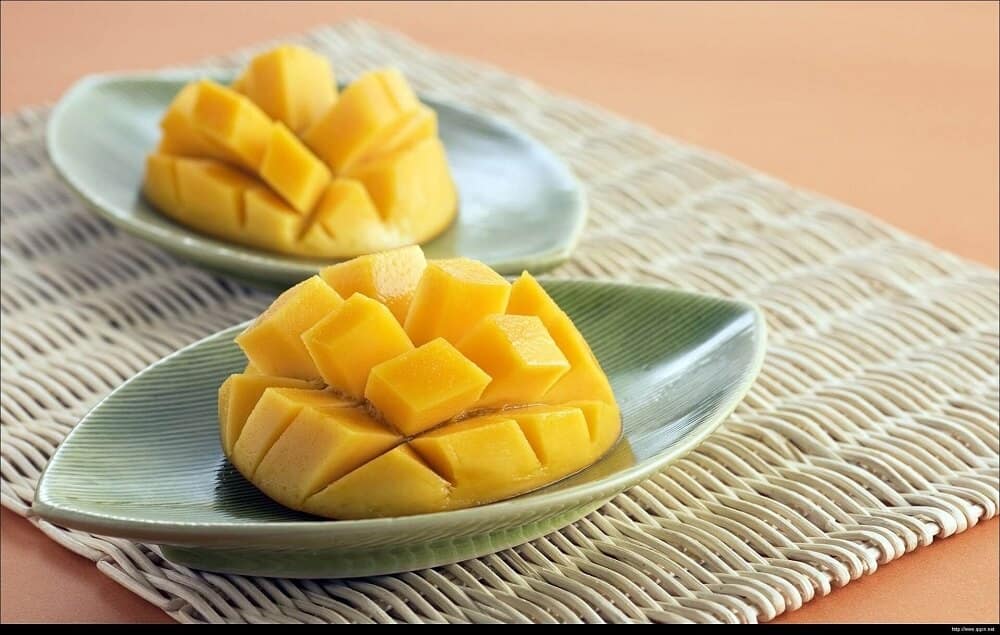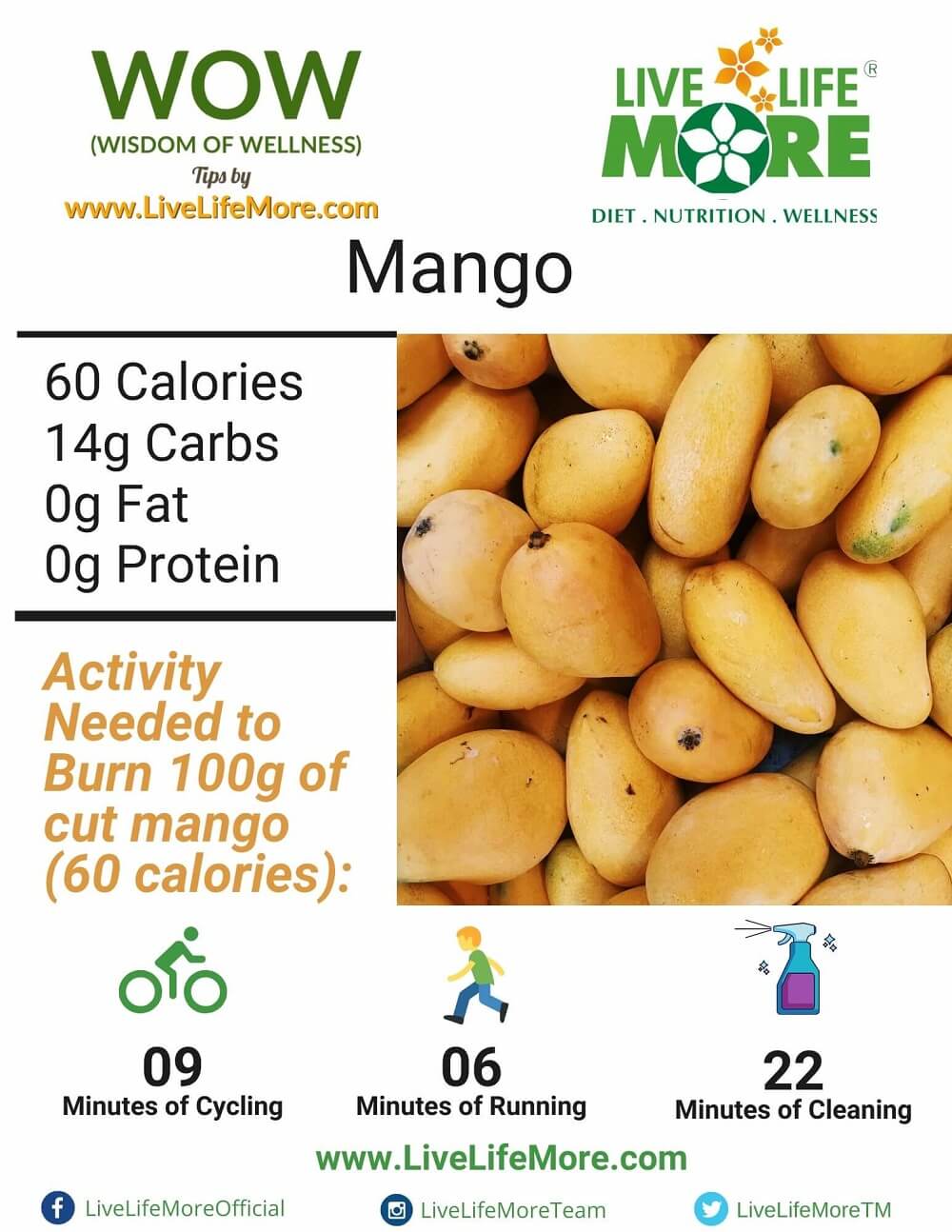
Buckwheat, commonly known as kuttu is a plant which is an integral part of Navratri diet. Kuttu is gluten free and can play a significant role in weight loss.

Courtesy: Shutterstock
Buckwheat is highly nutritious and energizing and can be utilized as an alternative to wheat or white rice. Buckwheat is rich in nutrients like copper, manganese, magnesium, phosphorus and fiber.
Why Kuttua Ka Atta in Navratri
In India, a lot of ghee and oil is used in making kuttu preparations like poories and pakodas which turns into a disastrous food for diet watchers. That’s why many tend to put on weight during the navratras instead of losing it. Though there is not much difference in the calories of 100gm of each, kuttu atta and wheat atta. Each of these provides about 330 Kcal per 100g. But the difference is the higher amount of protein you get for kuttu along with a double dose of vitamins. It makes you feel full for longer and keeps hunger pangs at bay. It is best eaten in grain form like daliya or porridge or can be added added to your regular wheat atta. Kuttu is great to lose weight, but in which form it is had is more important.
Let’s know how…
Kuttu Helps to Lose Weight:
Not just during fast, regular eating of buckwheat increases the speed of weight loss. Buckwheat has lesser calories in comparison with wheat. It is free of cholesterol and saturated fat and rich in protein and fiber which makes it an integral part of dieter’s diet.
Kuttu Improves Digestion
The soothing thermal nature and sweet flavor of buckwheat makes it a healthy and tasty food that is effective in flushing the intestine by flushing out the waste products and toxins from the digestive tract. It not only strengthens the intestines, but also promotes appetite and is beneficial in diseases such as chronic diarrhea and dysentery.
Kuttu is Diabetic friendly:
Relatively low in calories, buckwheat is a perfect food choice for diabetes. Buckwheat helps strengthens the artery walls and reduces hemorrhage, thus helps in reducing the risks of heart attacks in people with diabetes.
Conclusion
Compared with other grains, buckwheat is low calorie, which contains a lot of proteins, phosphorus, iodine, iron, magnesium, potassium, vitamins B1 and B6. Kuttu is great to lose weight, but in which form it is had is more important.

Mango, king of fruits, is a summer speciality and a storehouse of essential nutrients. But as we know, too much of it can reverse its benefits. Eating a single mango is great for health but eating too many can lead to weight gain.

- 1 cup of cut mango 100 g
- Calories100 kcal
- Carbs 14 g
- Protein 1.4g
- Fat Negligible
- Glycemic index ranging from 41-60 (safe enough to eat in moderation)
Health benefits of mangoes:
1. Mangoes help in digestion: Mango is rich in fibre and water content, therefore, it helps in preventing constipation while promoting regularity in the digestive tract, prevent constipation and keeping gut
healthy as well.
2. Mangoes lowers Cholesterol: Mango is rich in fibre, pectin and vitamin C, which helps in lowering serum cholesterol levels, specifically Low-Density Lipoprotein (LDL) also known as bad cholesterol for the body.
3. Mangoes help in asthma prevention: Mangoes have antioxidants and beta-carotene which help in the prevention of asthma. Mango contains a good quantity of beta-carotene.

4. Mangoes help in improving bone health: One medium mango contains about 15 mg of vitamin K, which improves calcium absorption and promotes optimal bone health.
5. Mangoes help in improving eye health: Mangoes have a good amount of Vitamin A, which promotes good eyesight, prevents night blindness and dry eyes.
6. Mangoes help to boosts immunity: Good amount of vitamin C and vitamin A in mangoes, keep the immune system healthy and strong.
7. Mangoes help to prevent heart disease: The antioxidants, fibre, potassium and vitamin content in mangoes keeps the heart-healthy. 1 cup of sliced mango (100 g) contains 168 mg of potassium with 1 mg
of sodium, which makes mangoes good for the heart.
8. Mangoes help to prevent cancer: Mangoes are rich in beta-carotene and several compounds like quercetin, pectin, iso-quercitrin, astragalin, fisetin, gallic, etc in mango may also play a protective role
against prostate cancer, colon cancer, breast cancer and leukaemia.
9. Mangoes are good for skin and hair: Mangoes are good for your hair because they contain vitamin A, a nutrient required for serum production that keeps hair shinny and moisturised. Vitamin A is also
necessary for the growth of body tissues, including skin and hair.
Adequate intake of vitamin C, which 1-cup of mango per day can provide, is required for the building and maintenance of collagen, which provides structure to skin and hair.
10. Mangoes can be a very good pre-workout snack: Have a mango 30 minutes before your workout session so that you feel absolutely fresh and energetic to perform your best.
Do mangoes make you gain weight?
You might be thinking a lot about how mangoes help in weight gain or loss, but we have to remember that mangoes can also lead to weight gain if taken in excess amount. One medium-sized mango has approximately 150 calories, which means if you eat two medium-sized mangoes you consume approximately 300 calories. And we as Indians, usually like to have mangoes after meals. So, when you add mangoes to your diet, it surely means that you are adding calories without replacing them with something else from your diet. And these additional calories can lead to weight gain.
So, I advise to have mangoes in place of mid-morning or evening snacks, or take a chapatti less or reduce rice intake. One roti gives approximately 100 Kcals, 100g cooked rice, 120Kcals…so now you have to think what you have to skip a roti or one serving of rice if you want to enjoy this delicacy…!!
Hence, you can enjoy the delicious taste of seasonal fruit without worrying about the additional calories and weight gain.
